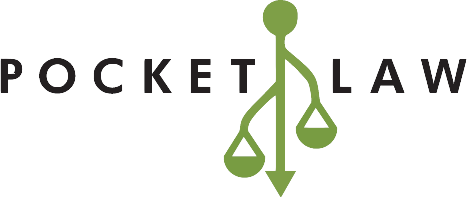Welcome to the Sierra Leone Legal Information Institute
SierraLII publishes the law of Sierra Leone for free online access.
Recent Judgments
Osman B. Conteh & 5 Others v Freetown Terminal Limited (IS 11 of 2022) [2024] SLHCISSD 4 (15 April 2024) 15 April 2024 Faisal Antar & Another v The Comment Newspaper & Another (MISC APP 218/2023) [2024] SLHCGD 4 (27 March 2024) 27 March 2024 Osman K. Kamara & ORS v The University of Makeni & ORS (Misc APP 81/2024) [2024] SLHCGD 3 (15 March 2024) 15 March 2024 Alie Suma v Alusine Turay (MISC APP 163/2022) [2024] SLHCLPED 14 (12 March 2024) 12 March 2024 Chernor M. Bah v Ibrahim Diollo (MISC APP 18/2023) [2024] SLHCLPED 13 (12 March 2024) 12 March 2024 View more judgmentsRecent Legislation
Finance Act, 2024 11 January 2024 Appropriation Act, 2024 11 January 2024 Sierra Leone Ports and Harbours Authority Act, 2023 19 October 2023 Supplementary Appropriation Act, 2023 19 October 2023 Employment Regulations, 2023 18 October 2023 Sierra Leone Agricultural Research Institute Act, 2023 12 October 2023 Parliament Act, 2023 22 June 2023 Tax and Duty Exemption Act, 2023 22 June 2023 Basic and Senior Secondary Education Act, 2023 19 June 2023 Sierra Leone Commission on Arms and Ammunitions Act, 2023 19 June 2023 View more legislationCourts
Court of Appeal
High Courts
Special Courts
Supreme Court
Collections
Case indexes

Use SierraLII when you're offline
Pocket Law is an offline copy of the caselaw, legislation and other legal materials from SierraLII.
Pocket Law






